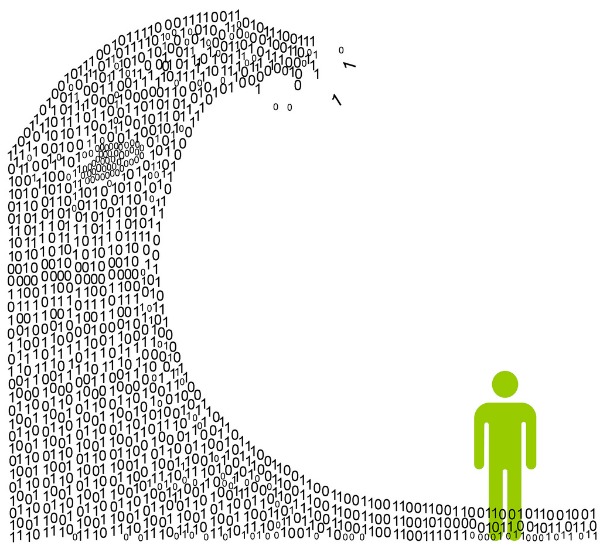Aligning Learning and Key Performance Indicators
 Align your training with KPIs. This is not a mantra I hear in education. A KPI is a Key Performance Indicator, which is a measurable value that demonstrates how effectively an organization (most commonly a company it seems) is achieving key objectives.
Align your training with KPIs. This is not a mantra I hear in education. A KPI is a Key Performance Indicator, which is a measurable value that demonstrates how effectively an organization (most commonly a company it seems) is achieving key objectives.
KPIs are used to evaluate success at reaching targets. Businesses talk a lot about the Return on Investment (ROI) and they are usually talking about dollars and cents. But in educational training and professional development, the ROI probably can't be measured in dollars.
Still, the process may be similar.
Define which metrics are most important to you. These become your key performance indicators. You need to know exactly what you're going to use to judge performance.
If you want to increase enrollment in a major or program, that provides an easy metric. If a professor want to increase attendance in her classroom, that is also easily measured.
When I work with faculty designing courses, many professors stumble on setting objectives versus goals. The simple difference is that a goal is a description of a destination, and an objective is a measure of the progress that is needed to get to the destination. In this context goals are the long term outcomes.
Teachers will sometimes tell you objectives that are not measurable. For example, to want students to "have an appreciation of modern poetry" may be an admirable goal for a poetry courses, but how do you measure that?
For an objective to be effective it must be clear, measurable and have a time element. For instance, that objective of increasing class attendance by 10 percent by the end of the semester is clear, measurable and has that time element.
Of course, after you determine those objectives, the real difficult part begins - figuring out how to reach that objective.
